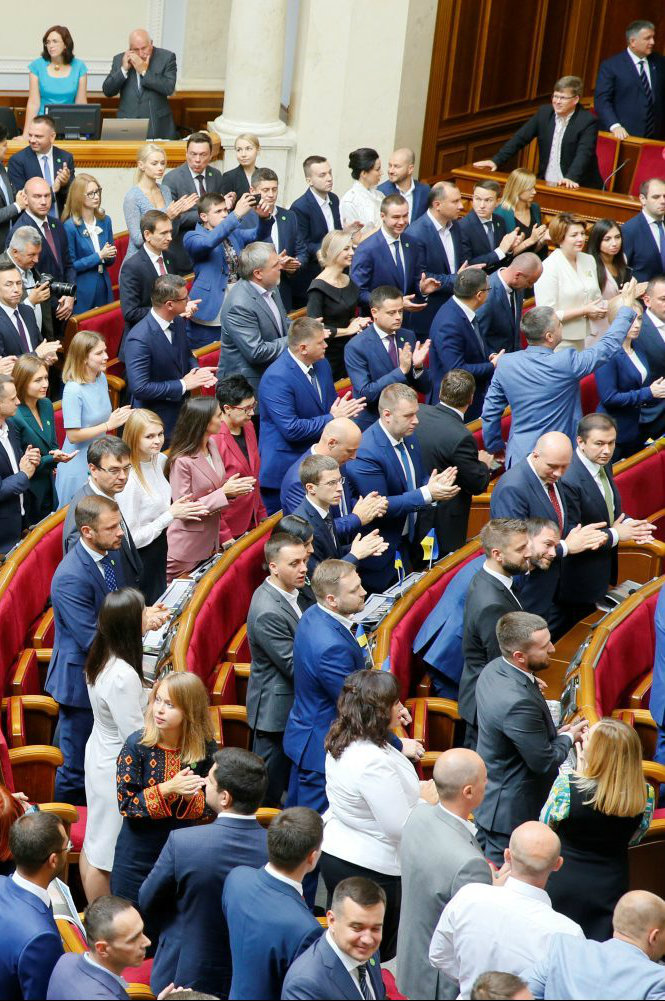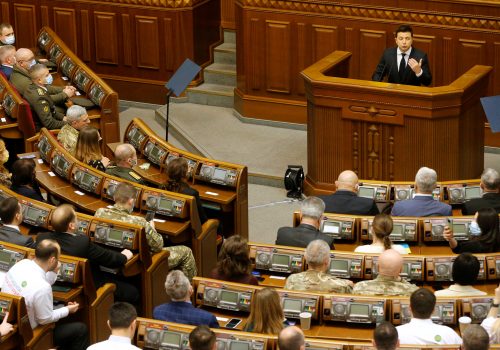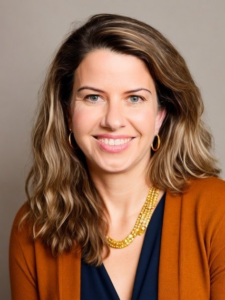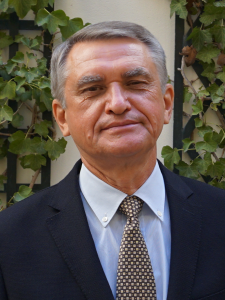On his recent visit to Washington, President Volodymyr Zelenskyy claimed that judicial reform is one of his biggest achievements. Ukraine’s parliament passed two judicial reform bills in July that were praised by Washington and Brussels as a meaningful way to finally clean up Ukraine’s tainted courts. Since Zelenskyy returned to Kyiv, the process to begin the reforms has been greatly complicated by the failure of the Council of Judges to nominate three experts to one of the panels by the deadline. Since then, senior members of Ukraine’s parliament and judicial bodies and diplomats from the Group of Seven and the European Union issued a joint statement demanding that judicial reforms move forward. Zelenskyy himself demanded that the situation be resolved.
The issue here is the role of foreign experts in the selection process for new judges, who some say will compromise Ukraine’s sovereignty, while others counter that they are necessary because the nation’s judicial system is controlled by vested interests and incapable of reforming itself.
What is the way out of this impasse? Can the International Monetary Fund play a constructive role? How can the international community further nudge Ukraine to continue the path? Is President Zelenskyy’s commitment for Ukraine to not take “a step backwards in judicial reform” enough?
Dr. Emily Channell-Justice, director of the Temerty Contemporary Ukraine Program at Harvard University’s Ukrainian Research Institute, welcomes. His Excellency Matti Maasikas, ambassador of the European Union to Ukraine, Halia Chyzhyk, the head of the judicial reform department at the Anti-Corruption Action Center (AntAC), Sergii Ionushas, chairman of the Commission on Legal Reform and chairman of the Committee on Law Enforcement in the Verkhovna Rada, and Mykhailo Zhernakov, co-founder and chair of the board of the DEJURE Foundation, join Melinda Haring, deputy director of the Atlantic Council’s Eurasia Center to discuss how Ukraine can move forward with judicial reform.
CO-HOSTED IN PARTNERSHIP WITH

spotlight

Creating lasting progress
Reform in Ukraine
Since the Revolution of Dignity in 2014, Ukrainians have expressed their strong desire for lasting change and reform to Ukraine’s economy, politics, and society. Some progress has been achieved but challenges still remain.
RELATED experts

The Eurasia Center’s mission is to promote policies that strengthen stability, democratic values, and prosperity in Eurasia, from Eastern Europe in the West to the Caucasus, Russia, and Central Asia in the East.




